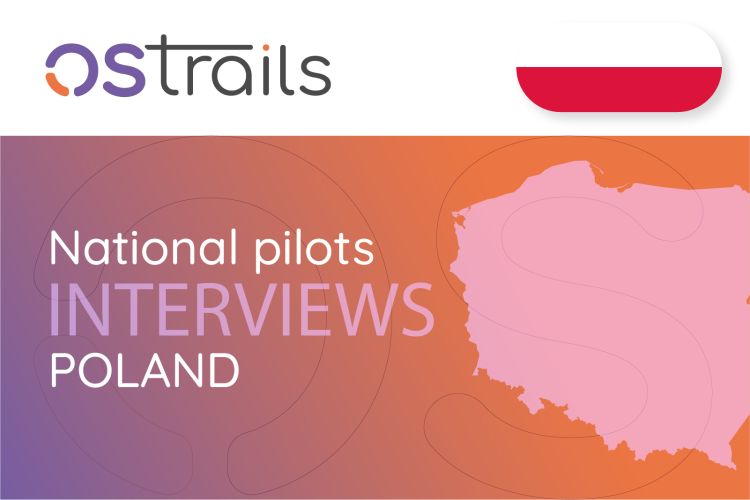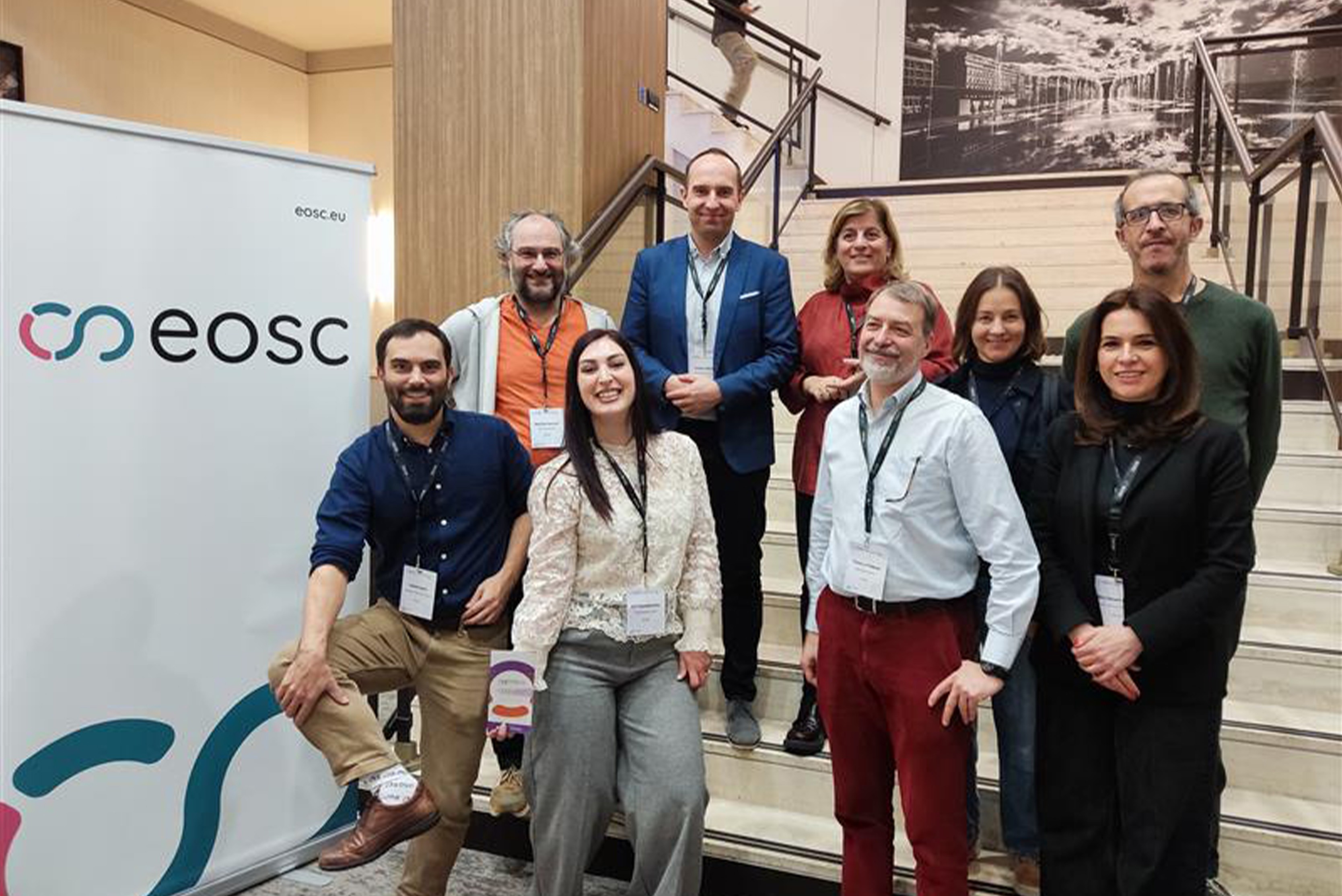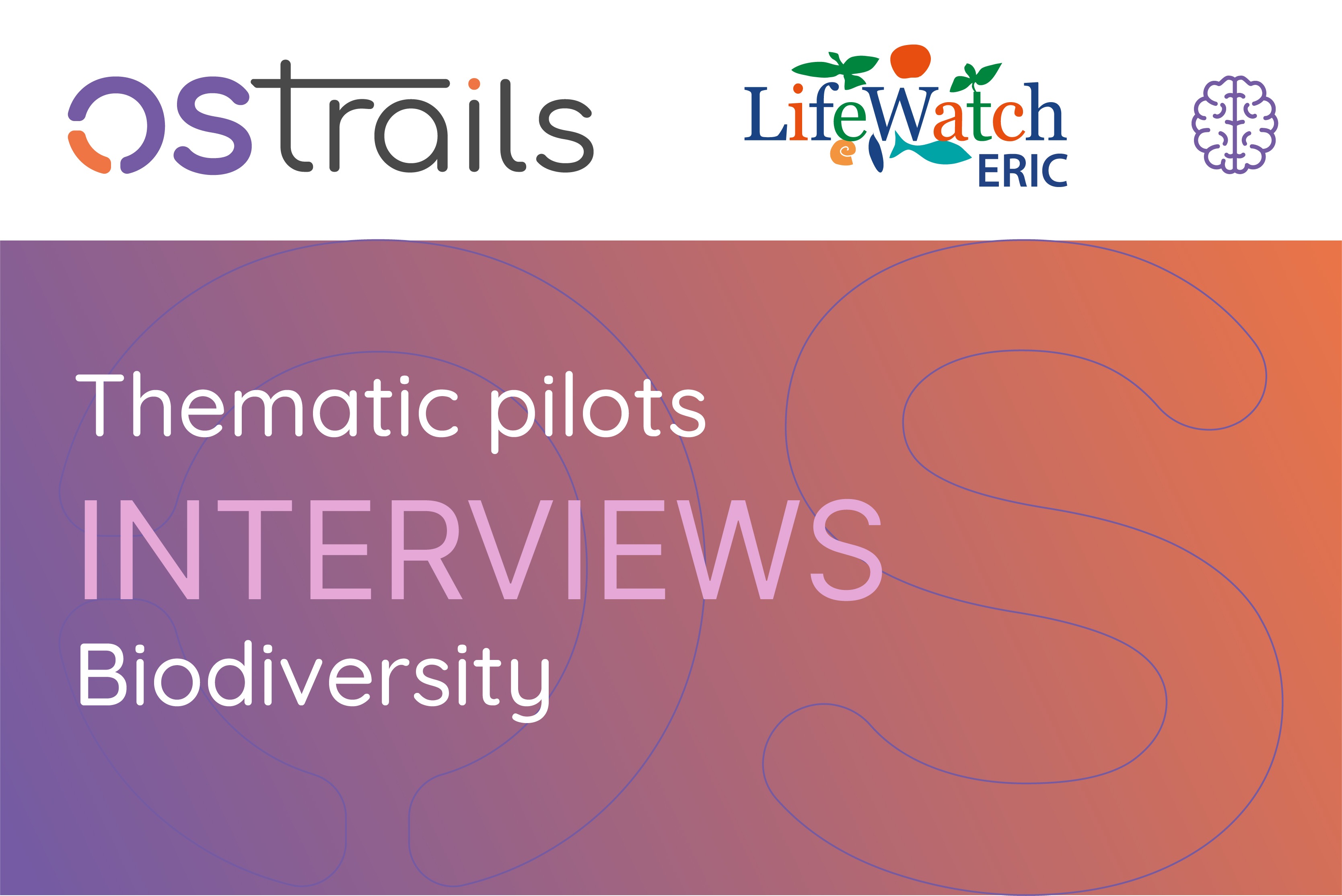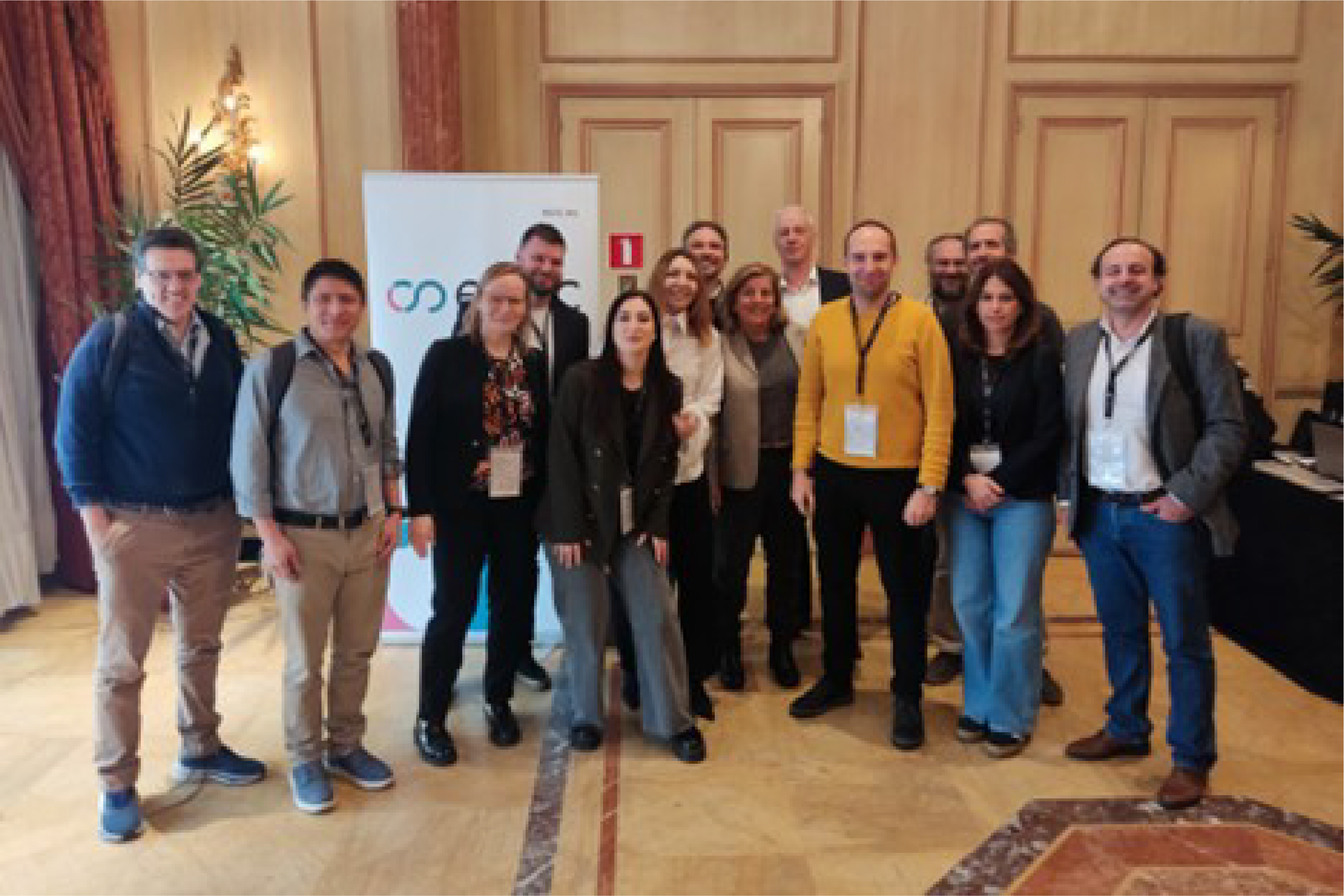Read the National Pilot Interview from Poland and explore all the progress of OSTrails pilot studies. Check the latest on their national activities and learn how they’re progressing with the integration of open science and research assessment. This month we had the pleasure of discussing with Jakub Szprot (ICM), Raimundas Tuminauskas (PSNC) and Raul Palma (PSNC). Enjoy!
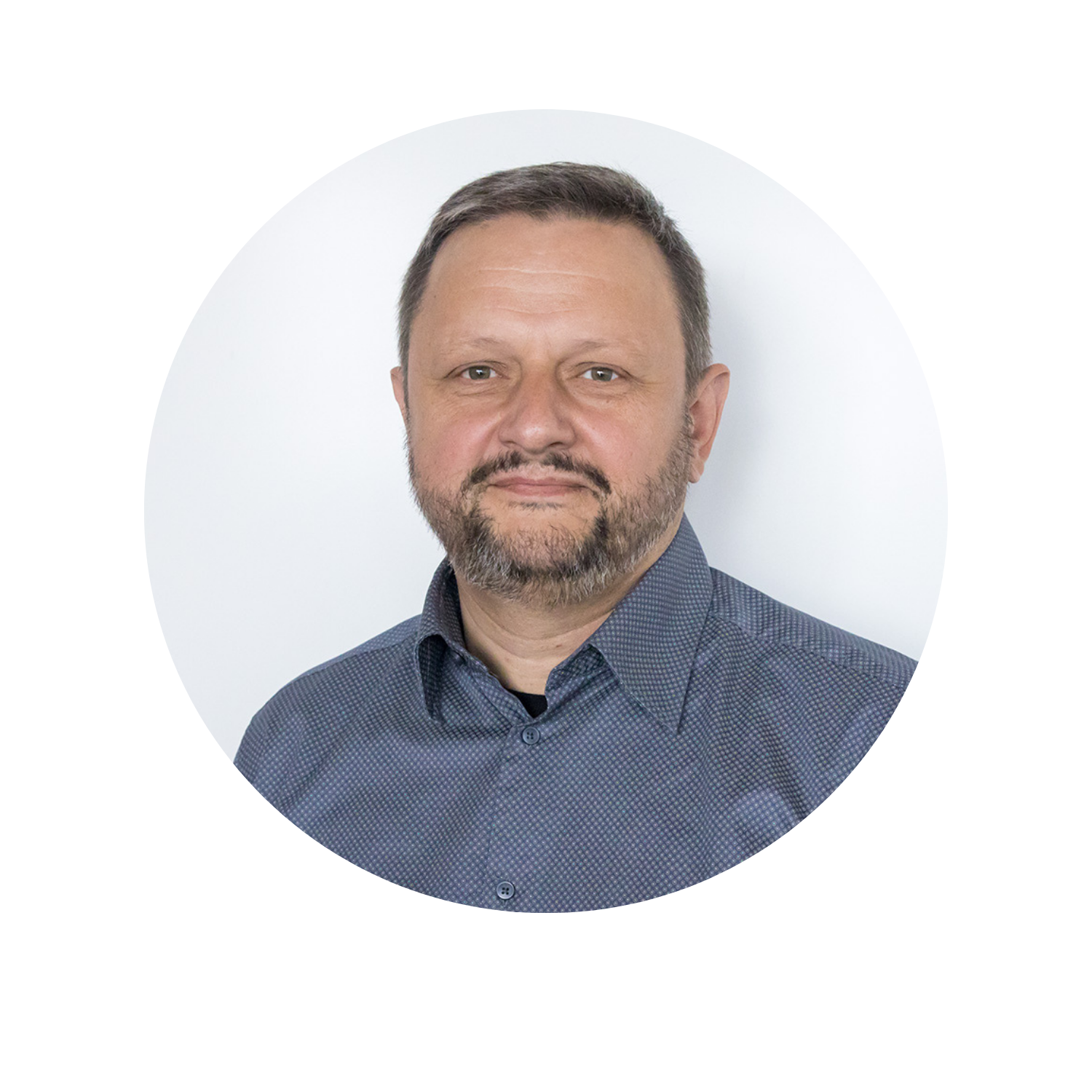 - Raimundas Tuminauskas
- Raimundas Tuminauskas
 - Jakub Szprot
- Jakub Szprot
 - Raul Palma
- Raul Palma
"OSTrails national pilot for Poland constitutes the natural development of the Open Science landscape in the country, including research communities as well as policy makers and funding bodies. DMPs are currently part of the national policy for research projects. Integrating with the services like ROHub as well as national repositories, OSTrails national pilot, and especially machine-actionable data management plans is seen as important next step of the evolution of the research data lifecycle."
-Can you briefly introduce your organization(s)? How does it/do they contribute to EOSC?
PSNC is an internationally renowned node of the European Research Area, operating advanced e-Infrastructure and continuously expanding its activity as an R&D center in ICT. It has been contributing to different projects and initiatives aiming to support researchers in the adoption of FAIR and Open Science principles. PSNC has a strong involvement in EOSC and has participated in several recent and ongoing related projects and activities such as EOSC Future, cs3mesh4eosc, AI4EOSC, EOSC DIH, Skills4EOSC, OSTrails, and coordinated the RELIANCE project (InfraEOSC07). Moreover, PSNC is responsible for 2 out of the 3 lots implementing the EOSC EU node. PSNC is an EOSC service provider and member of the EOSC association, and its representatives have contributed to various task forces and working groups including the AAI and semantic interoperability task forces, the Research Product Publishing Framework WG, and contributed to the EOSC horizontal services report, VA assessment, and supported various EOSC tripartite events. Related to FAIR and Open Science, PSNC members have contributed to the conception and implementation of the research object concept, and the latest RO-Crate specification, which provides a straightforward and lightweight implementation of FDOs that are part of the long-term vision of EOSC. PSNC onboarded the reference research object management platform ROHub in EOSC, which integrates several other EOSC services including ARGOS, OpenAIRE SKG, and FAIROs assessment services, and supported various EOSC DIH pilots and bi-lateral collaborations with other service providers leveraging PSNC related services.
ICM, the HPC and data center at the University of Warsaw, has been developing comprehensive open science solutions for Poland and Europe for many years. It builds infrastructure and software for open science, operates nationwide services for open access to scientific publications and research data, and offers education and training in open science and research data management. Additionally, ICM actively participates in expert groups at the national, European, and international levels. It coordinates the University of Warsaw’s activities regarding participation in the EOSC Association and it has participated in many EOSC-related projects - recently in OpenAIRE Nexus, FAIRCORE4EOSC, EOSC Future, SciLake, CRAFT-OA, and EOSC Beyond. As a member of the Open Science Agora Consortium, ICM will be involved in providing professionally managed services for the core components of the EOSC EU Node, including functions such as the Web Portal Front Office, the Resource Catalogues and Registry Services, the Application Workflow Management engine, the Federated Identity Management and Single-Sign-On solution, the Monitoring and Accounting function, and the overall Service Management System and service integration.
-What excites you the most about OSTrails? What are you looking forward to the most?
We look forward to supporting the creation and maintenance of machine-actionable Data Management Plans (maDMPs) by integrating ROHub with DMP platforms, SKGs, FAIR assessment tools, and national data repositories. This integration aims to assist researchers in Poland in managing their DMPs and related resources in accordance with FAIR principles.
ROHub has already integrated with the ARGOS DMP platform, enabling the creation of research objects from DMPs. It is also connected to the OpenAIRE SKG, providing metadata about RO-Crate research objects and other resources such as data cubes and Jupyter notebooks. Additionally, ROHub incorporates FAIROs, a FAIR assessment service for evaluating research objects and their aggregated resources. Building on this, in OSTrails, we plan to extend these integrations to automate the creation of maDMPs based on RO-Crates. We aim to use standard interfaces to connect with other DMP platforms and FAIR assessment tools, and to expose richer metadata about resources to SKGs. Moreover, in OSTrails, ROHub will connect with national data repositories managed by ICM to leverage existing resources. Additionally, the integration with the national funding agency's system for DMP reporting will be enhanced to simplify researchers' tasks. We’re also looking forward to using FAIR assessment tools and platforms to improve the quality of research data in national data repositories.
-How is planning, tracking and assessing research being realised in your country and scientific domain?
Aiming at improving research quality and making science more impactful, the National Science Centre (NCN), the national funding agency in Poland, has implemented an Open Access Policy as of May 2020. Effective for agreements signed from January 2021, this policy applies to projects from calls initiated on or after June 2020 and aligns with Plan S principles endorsed by the NCN in 2018.
Based on the guidelines of Science Europe, NCN included a Data Management Plan (DMP) in its application forms and published a set of instructions on how to fill out the DMP. The plan is assessed by experts at the proposal review stage. The DMP can change during the implementation of the project. The NCN does not need to be notified of all the changes as they happen. The relevant information, however, should be included, along with a justification, at the end of the project report, which will undergo expert assessment.
-What is your pilot about? Can you provide some details on the main actors, services and priorities? How will the results of OSTrails be adopted by your pilot?
The goal of the pilot is to support the creation and maintenance of executable DMPs in Poland. The main actors involved in its implementation include PSNC, ICM and the national funding agency NCN. Potentially other national research repository providers may be involved. PSNC brings RO-Crates and the supporting platform ROHub for the management of maDMPs. ICM brings various research data repositories including RepOD, RDS, and MX-RDR. NCN is the entity defining the requirements of DMPs at the national level. The tasks for OSTrails encompass several key objectives. First, to define DMP requirements specific to Poland's research ecosystem. Next, to establish and manage connections in machine-readable formats using RO-Crates. This includes integrating associated datasets, resources (such as code and publications), and contextual entities (like individuals, organizations, and funding sources) using Persistent Identifiers (PIDs), as well as enhancing the integration between ARGOS and ROHub. Another significant task is enabling the FAIR assessment of DMP resources through RO-Crates. This will involve enhancing the FAIROs-ROHub integration to evaluate the fairness of RO-Crates and their aggregated resources effectively. OSTrails also focuses on improving integration and interoperability with national DMP platforms via RO-Crates. This includes refining the process for generating DMP reports to ensure accuracy and relevance. Lastly, integrating these functionalities into the broader framework of OSTrails will ensure comprehensive support for researchers in managing their data effectively and in compliance with FAIR principles. The results of OSTrails will be used to extend and standardise the integration of DMP tools, SKGs and FAIR assessment tools with RO-Crates and national and international data repositories.
-How does the next day of OSTrails project look like in your country/scientific domain?
In the future, the researchers will be able to create their DMPs, and then manage and evolve them along with all the related resources via RO-Crates, including not only the possibility to assess their FAIRness, leveraging and contributing to SKGs, but also enabling the possibility to reuse and reproduce results associated. Additionally, the reporting of DMPs to national funding agencies will be simplified, if not automized, based on the management of the research lifecycle via RO-Crates.
Thank you!

